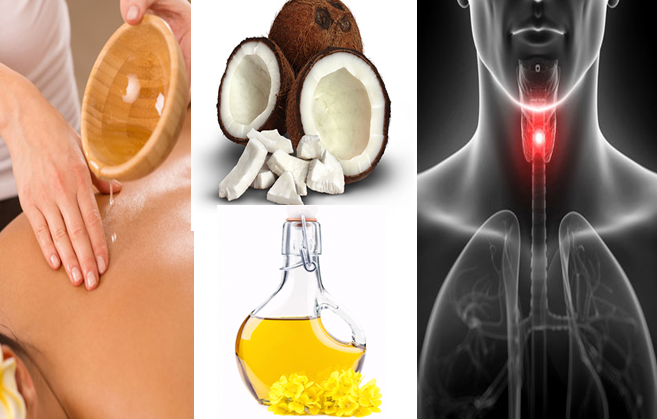No matter which category of vegetarian you fall into, it is important to choose a variety of foods, including whole grains, fruits, vegetables, legumes, nuts and seeds. Using theMyPlate tips for vegetarians can help you make sure you are meeting your nutritional needs each day.
Calcium
Vegetarians should consume a variety of calcium sources in order to meet daily requirements.
Dairy products are a rich source of calcium. If dairy products are not included in your diet, calcium can be obtained from some plant-based foods, but the amount of calcium that the body can absorb varies. Here is a list of vegetarian-friendly sources of calcium:
- Low-fat or fat-free milk, yogurt and cheese
- Fortified soy milk or rice milk
- Fortified ready-to-eat cereals
- Calcium-fortified juice
- Calcium-set tofu
- Some leafy green vegetables
- Broccoli
- Beans
- Almonds and almond butter
- Soybeans
Iron
Vegetarians should consume a variety of iron sources to meet daily requirements. Consuming a good source of vitamin C (citrus fruits, orange juice, tomatoes) at each meal increases iron absorption.
Sources include:
- Fortified breakfast cereals
- Soybeans
- Some dark green, leafy greens
- Beans
- Eggs
Protein
Protein is found in most plant foods as well as animal foods. Your body will make its own complete protein if a variety of foods and enough calories are eaten during the day.
Vegetarian sources of protein include:
- Beans
- Whole grains
- Soy products
- Nuts and nut butters
- Dairy products
- Eggs
Vitamin B12
B12 is found in all foods of animal origin, including eggs and dairy products. An adequate intake of vitamin B12 is generally not a concern for vegetarians who eat some dairy products or eggs. Strict vegetarians or vegans, however, may need to supplement their diet by choosing a fortified breakfast cereal or by taking a vitamin B12 (cobalamin) supplement.
Vegetarian sources of B12 include:
- Vitamin B12-fortified foods including nutritional yeast, soy milk, meat analogs and ready-to-eat cereals (Be sure to check the label.)
- Dairy products
- Eggs
Vitamin D
Few foods are naturally high in vitamin D, but many dairy products are fortified with vitamin D in the United States. People who choose not to eat dairy products and who do not receive exposure to sunlight on a regular basis should discuss the need to take a vitamin D supplement with their health care provider.
Vegetarian sources of vitamin D include:
- Eggs
- Vitamin D-fortified soy milk, cow's milk, orange juice and ready-to-eat cereals

























0 commentaires: